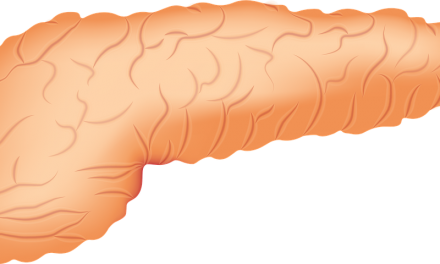In a recent issue of the Canadian Medical Association Journal, I came across an interesting editorial, speaking out against the stigma that medical professionals often display against patients who are addicted to substances, namely, smoking, alcohol, and drugs. My immediate question was: what about food addiction???
This editorial came in the wake of a study which investigated the negative opinions of hospital staff regarding inpatients who are actively smoking. The editorial went on to try to break these discriminatory tendencies, explaining that substance addiction is often not a choice, but a byproduct of a genetically ingrained predisposition towards altered perception of want, need, and reward, in the context of a toxic environment or situation that may have led to poor choices.
While I applaud the editorial for this discussion, where, oh where, was the discussion of food and obesity in all of this?? Not only is there a clear stigma amongst health care professionals (proven by studies) as well as the general public against obesity; not only do many people who struggle with their weight suffer some of the exact same genetic and ingrained addictive type brain responses to food as those addicted to other drugs; but, (and perhaps making food addictions the most challenging of them all), food is a substance that the addicted person cannot just cut off and avoid.
Somehow, the person struggling with food addiction must figure out how to break the habit, while continuing to ingest the ‘offending’ substance every day for the rest of their lives.
Just like people addicted to other substances, the health care profession and society in general needs to be far more sensitive to the issues faced by people who struggle with their weight. We must blow the stigma to pieces, and help people address their weight struggles with an empathetic hand and a warm heart.












